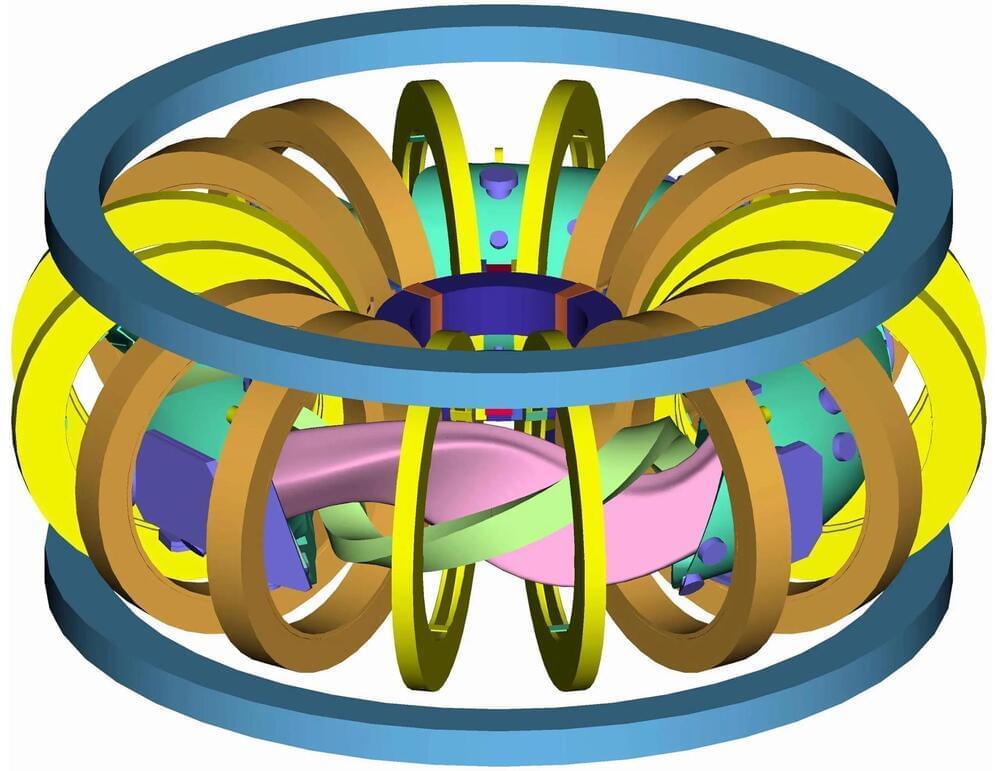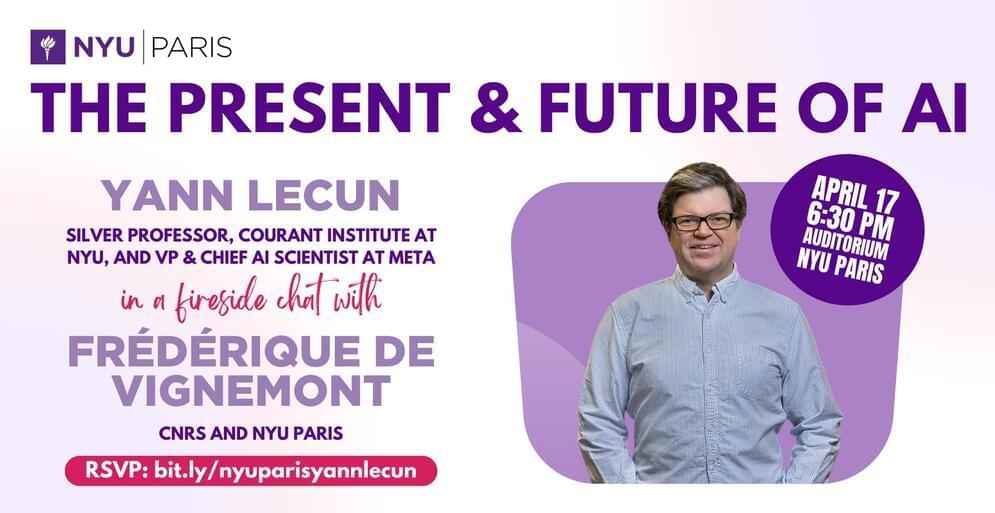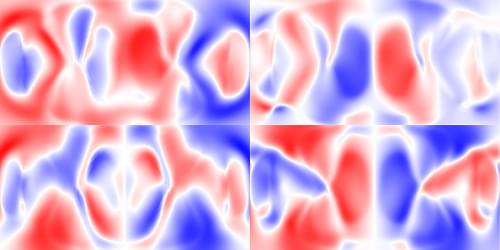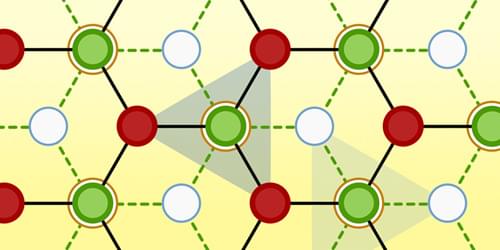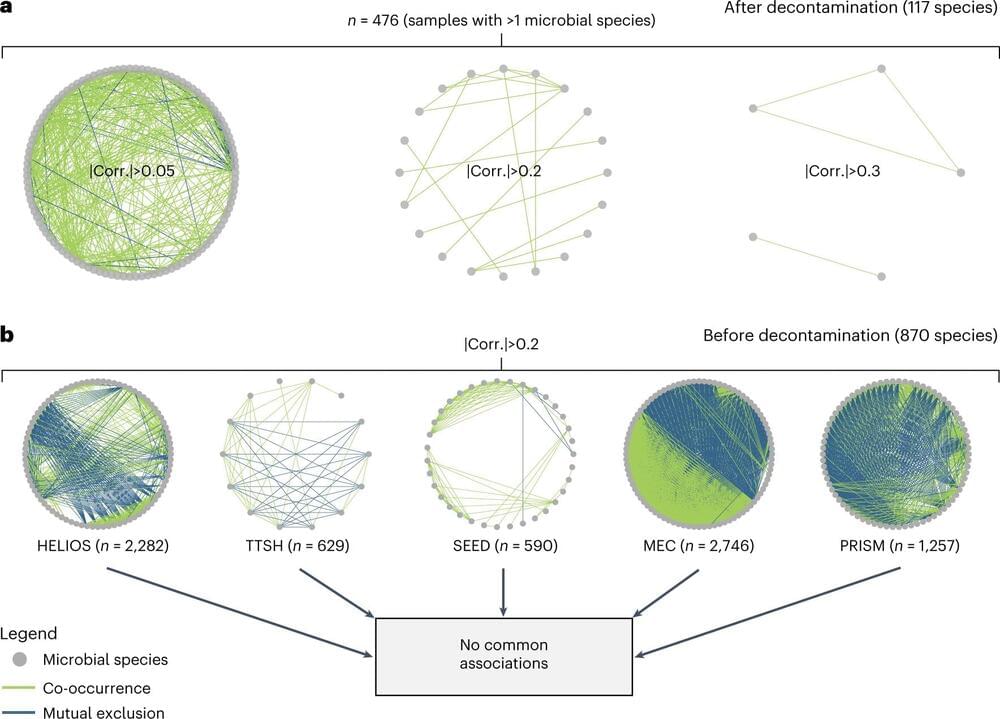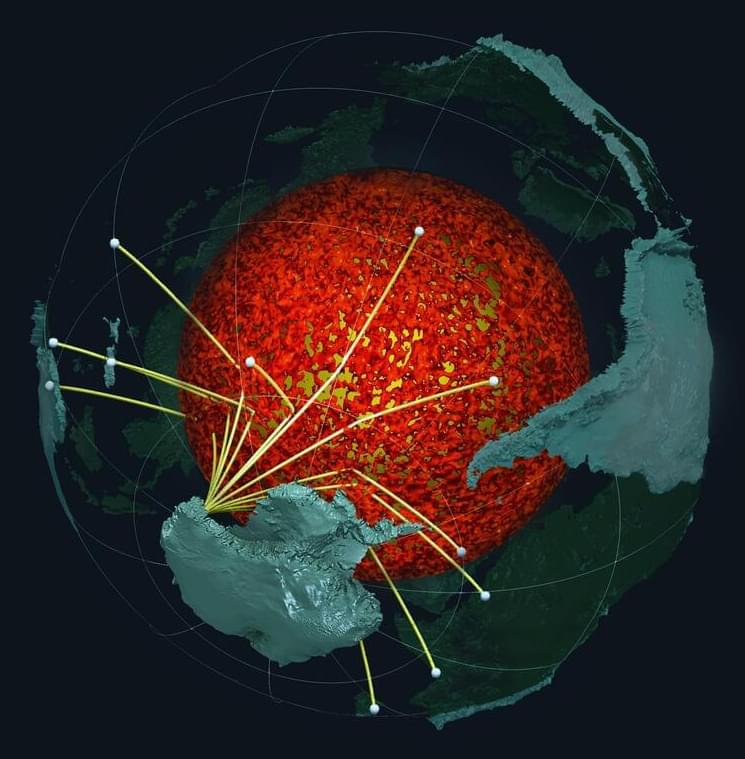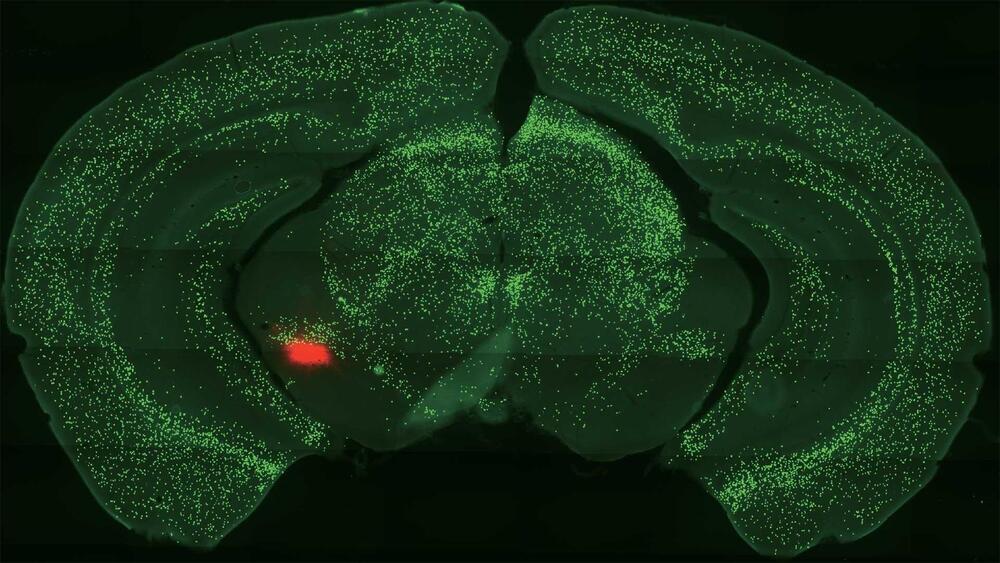The World Health Organization confirmed an outbreak of the deadly Marburg virus disease in the central African country of Equatorial Guinea on February 13, 2023. To date, there have been 11 deaths suspected to be caused by the virus, with one case confirmed. Authorities are currently monitoring 48 contacts, four of whom have developed symptoms and three of whom are hospitalized as of publication. The WHO and the U.S. Centers for Disease Control and Prevention are assisting Equatorial Guinea in its efforts to stop the spread of the outbreak.
Marburg virus and the closely related Ebola virus belong to the filovirus family and are structurally similar. Both viruses cause severe disease and death in people, with fatality rates ranging from 22% to 90% depending on the outbreak. Patients infected by these viruses exhibit a wide range of similar symptoms, including fever, body aches, severe gastrointestinal symptoms like diarrhea and vomiting, lethargy and sometimes bleeding.
We are virologists who study Marburg, Ebola, and related viruses. Our laboratory has a long-standing interest in researching the underlying mechanisms of how these viruses cause disease in people. Learning more about how Marburg virus is transmitted from animals to humans and how it spreads between people is essential to preventing and limiting future outbreaks.

